Prof Aguiling-Pangalangan’s FLP Lecture
Professor Elizabeth Aguiling-Pangalangan: “Parents and Children: When Law and Technology Unbundle Traditional Identities” (FLP Professorial Chair Lecture) Professor Elizabeth Aguiling-Pangalangan delivered the lecture "Parents and Children: When Law and Technology Unbundle Traditional Identities" as part of the Foundation for Liberty and Prosperity Professorial Chair on March 28, 2019, at the University of the Philippines-College of Law. Her lecture is part of a series of public lectures conducted under the Chief Justice Panganiban Professorial Chairs on Liberty and Prosperity to encourage educational institutions and law schools to research and propagate the philosophy of safeguarding of liberty and nurturing of prosperity under…

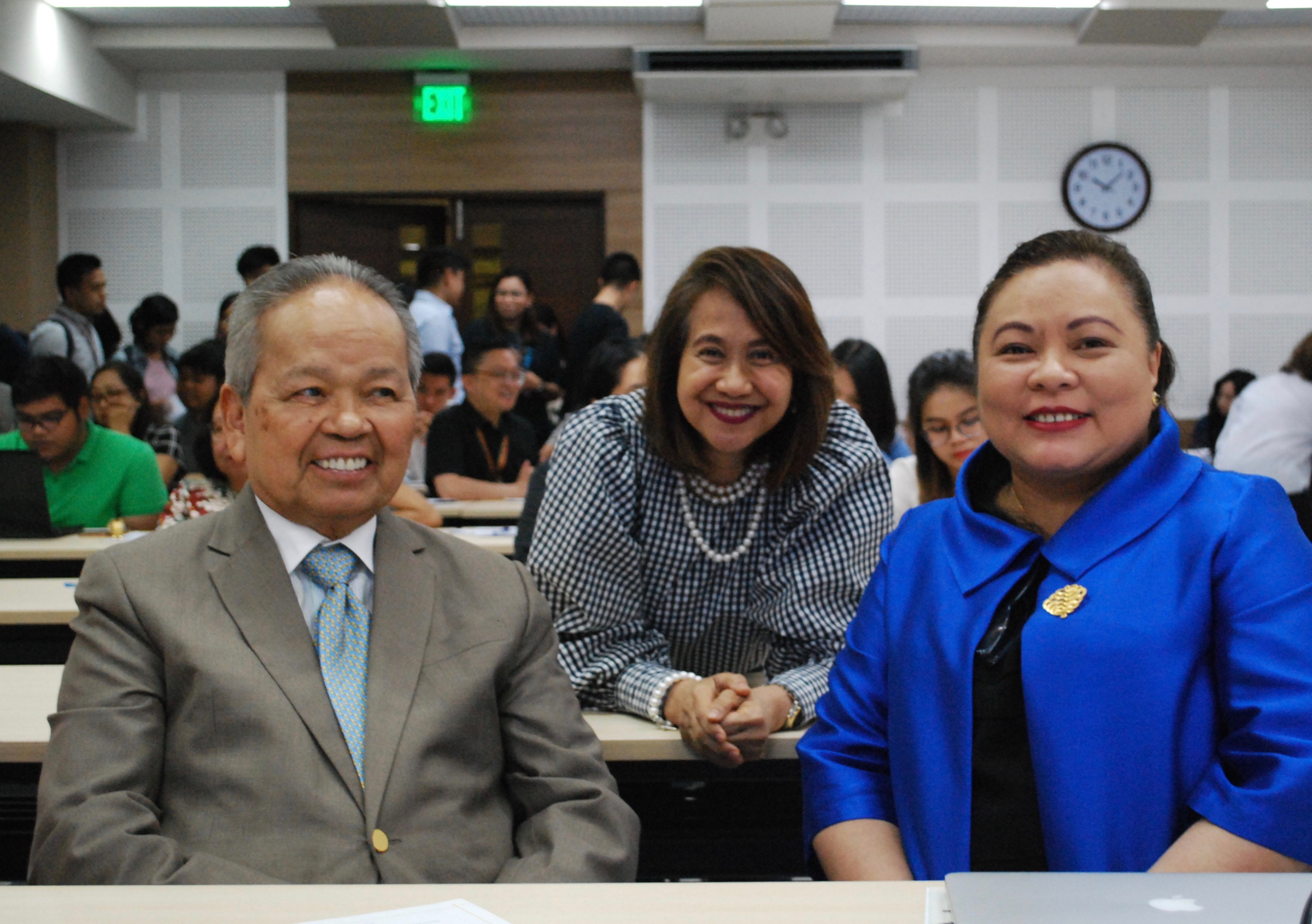
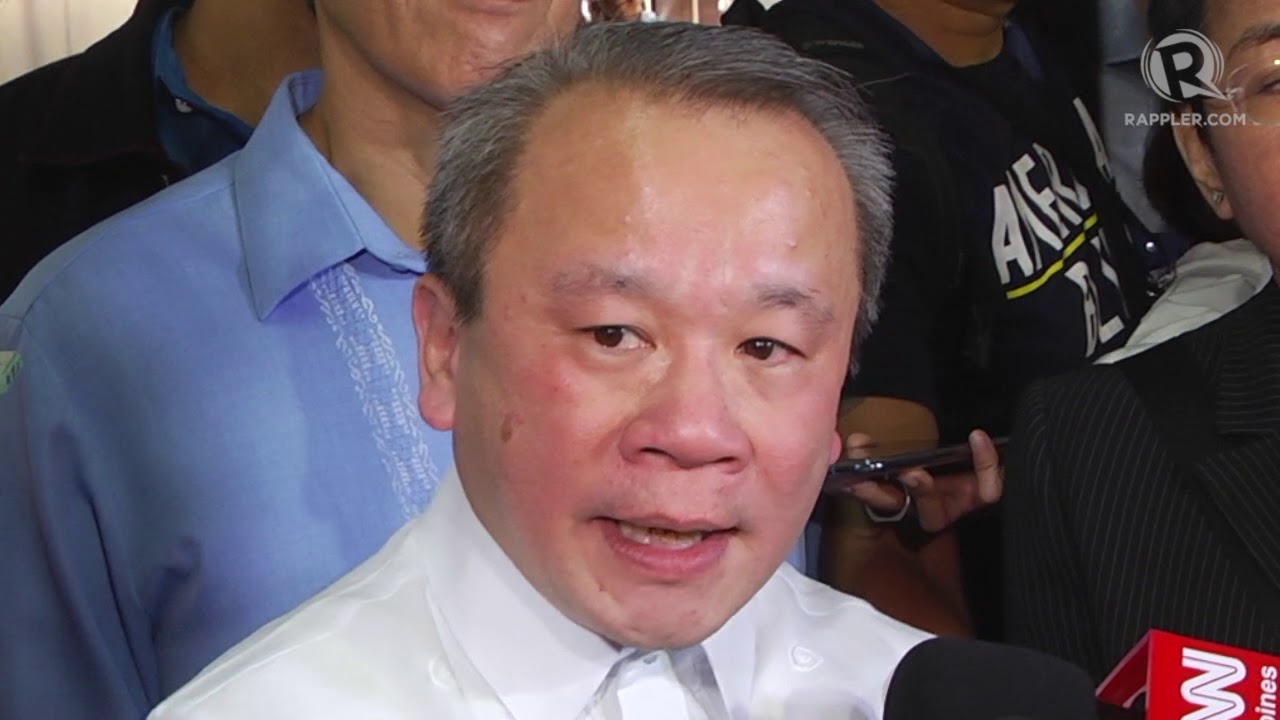
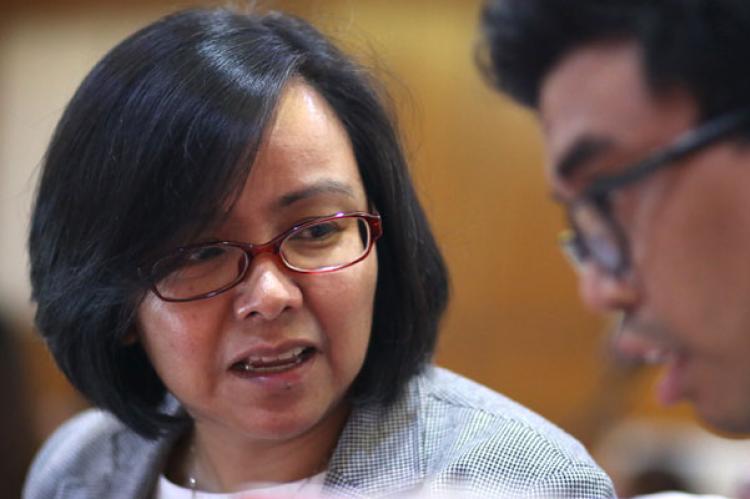
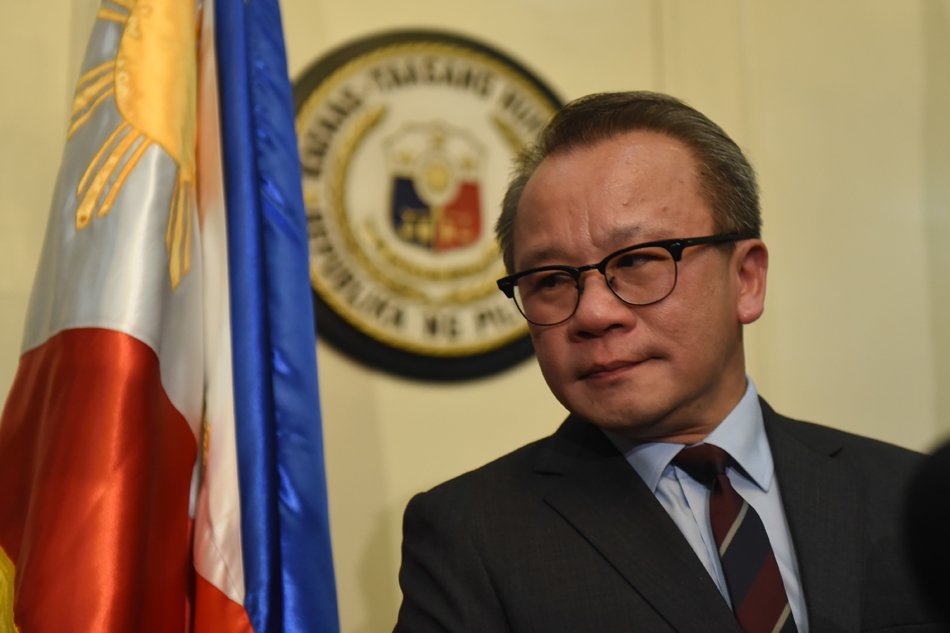
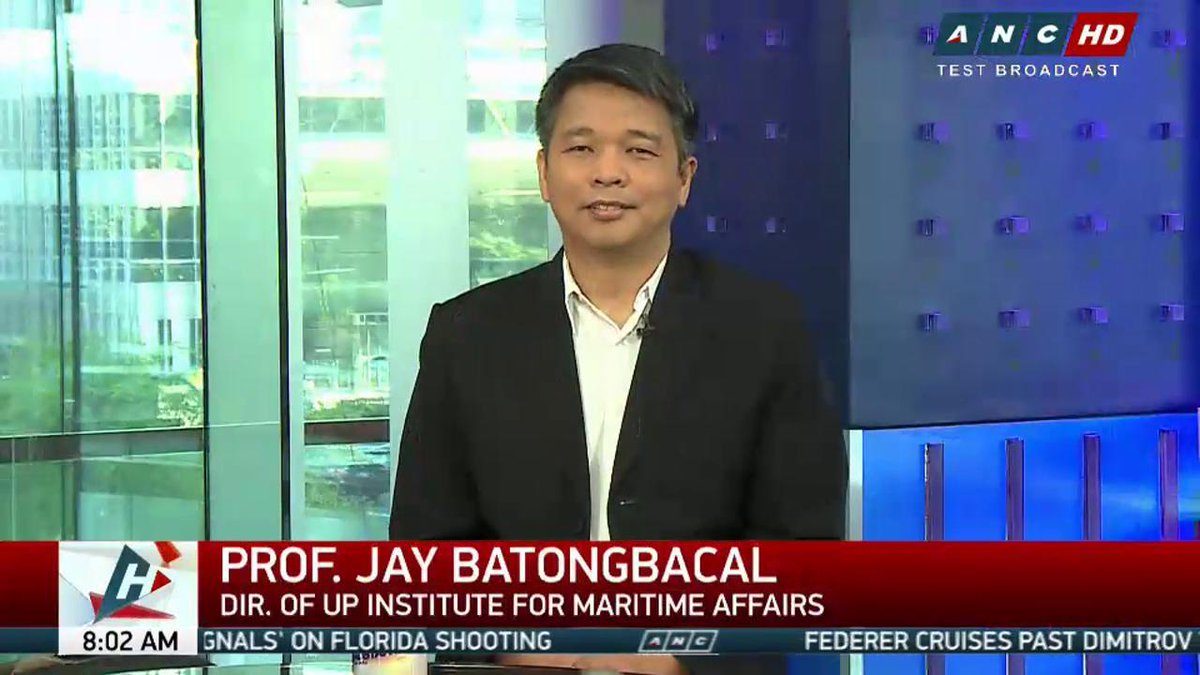
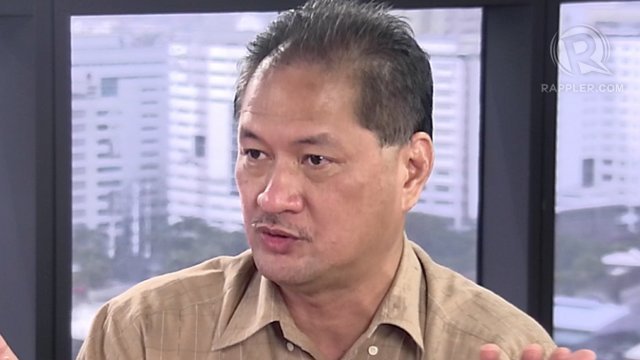






































































































 on the upper right corner to select a video.
on the upper right corner to select a video.